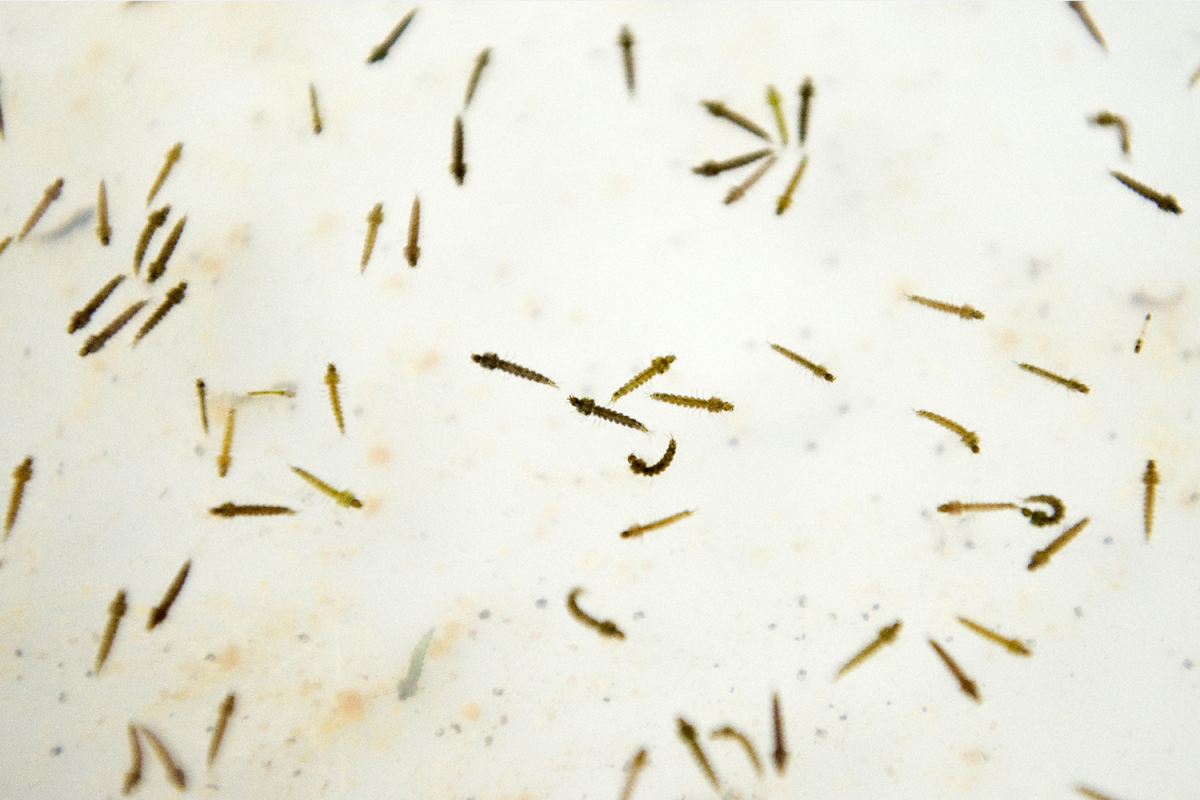The possibility of eradicating malaria just got a little more real. According to Vox, The Lancet Commission released a report hinting at the prospect of eradication in the near future. With the development of gene-editing technologies for pest control and new antimalarial medication, the complete eradication of the disease doesn’t seem too farfetched.
“Malaria can and should be eradicated by 2050,” Richard Feachem, co-chair of The Lancet Commission, announced in a press release.
Malaria is one of the deadliest human diseases in history, and while it has largely been eradicated in developed countries, it kills hundreds of thousands every year.
Despite the confident tone of the Lancet report, the Gates Foundation, who funded the report, remains skeptical. Bill Gates has previously voiced concern about progress surrounding the disease and worries of increasing infection.
Two opposing approaches have arisen in the fight to end the disease. The long-term goal of seeing malaria eradicated in our lifetime is appealing to many, especially donors whose backing will be necessary to further progress. Yet with the disease still killing many, primarily pregnant women and children, others believe the appropriate approach is to not get caught up in visions of a malaria free future but provide immediate aid to those who need it now.
Subscribe here for our free daily newsletter.
Thanks for reading InsideHook. Sign up for our daily newsletter and be in the know.


















